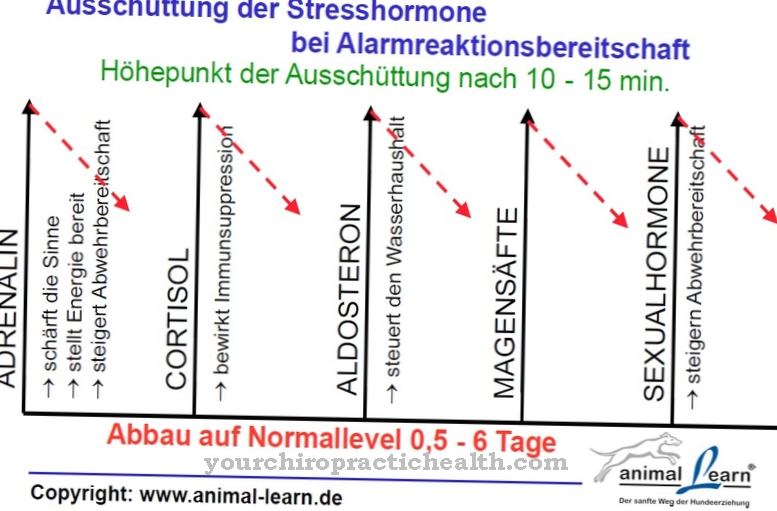At a Family doctor is a medical professional who works as a freelancer in his own practice or is employed in a medical care center. He is generally regarded as the first point of contact for physical and psychological complaints or questions.
What is a family doctor?

Family doctors can be general practitioners without specialist training, general practitioners, paediatricians and, in some cases, specialists in internal medicine with a general practitioner branch.
The family doctor is the doctor who is perceived as the first medical contact point in the health system and who takes a very personal approach. In Germany you can practice as a family doctor if you complete a medical doctorate after passing the state examination or the medical diploma. This includes the clinical traineeship - practical patient care - and the practical year in which the focus is on training directly on the patient.
In Austria, in order to be approved as a general practitioner, you have to go through a doctoral degree and a three-year cycle after graduation as a “Doctor of Medicine”. The rotation is about gaining practical experience in different areas of medicine, which are determined in advance.
Treatments
Of the Family doctor offers a wide range of treatments, its core tasks are advisory discussions, basic and preventive examinations and long-term control and treatment of chronic diseases. He fulfills all primary care tasks and is responsible for the wound care of minor injuries, such as cuts or small lacerations.
The general practitioner's duties also include carrying out ECGs, lung function tests, infusion therapies and vaccinations. He also has a consultative function, for example in the area of nutritional advice, smoking cessation or travel medicine issues. In addition, general practitioners are authorized to carry out medical examinations to obtain a driver's license and to prepare for operations.
General practitioners can also be consulted with psychological complaints. Since he usually knows the patient's personal circumstances better than most specialists, the family doctor can provide advice and identify where the problems are. A family doctor can also have additional training. These include training in acupuncture, diabetes, emergency medicine, ultrasound and skin cancer screening. In the case of people in need of care or serious illnesses, the family doctor also makes house calls.
Diagnosis & examination methods
The first visit to Family doctor begins with the fact that the latter takes the medical history of the new patient and forms a picture of the person's life and environment. In the course of this initial consultation, the family doctor inquires about the development in childhood and puberty, previous illnesses, allergies, operations that have already been carried out and past accidents.
He also asks about the family's medical history and determines whether the patient has an increased risk of illness or accidents - possibly due to the occupation. To classify the most varied of symptoms, the family doctor uses methods such as pulse and blood pressure measurements, palpation examinations and examinations of the heart and lungs by listening with a stethoscope.
General practitioners also do blood draws, which are sent to a laboratory for analysis, and are allowed to give vaccinations. To determine a ureter infection or a bladder infection, the family doctor will also do rapid urine tests. The family doctor is entitled to write prescriptions for medication and to write referrals to specialists and hospitals.
What should the patient pay attention to?
When choosing the right one Family doctor you should keep in mind that you will not change this so quickly in the near future. It is therefore essential that there is a certain degree of sympathy between the patient and the family doctor and that trust can be built.
Thus, if you feel uncomfortable with your family doctor or if you cannot trust him in any way, you should contact another doctor. Since a family doctor also advises on psychological issues, you should be prepared to speak to the selected family doctor about your own problems and conflicts without hesitation - this is unthinkable without trust.
Recommendations from friends, family members or neighbors should also be taken into account in the selection based on experience. In addition, there should be a short journey to the family doctor so that he can be reached easily if there are serious complaints or home visits are possible.









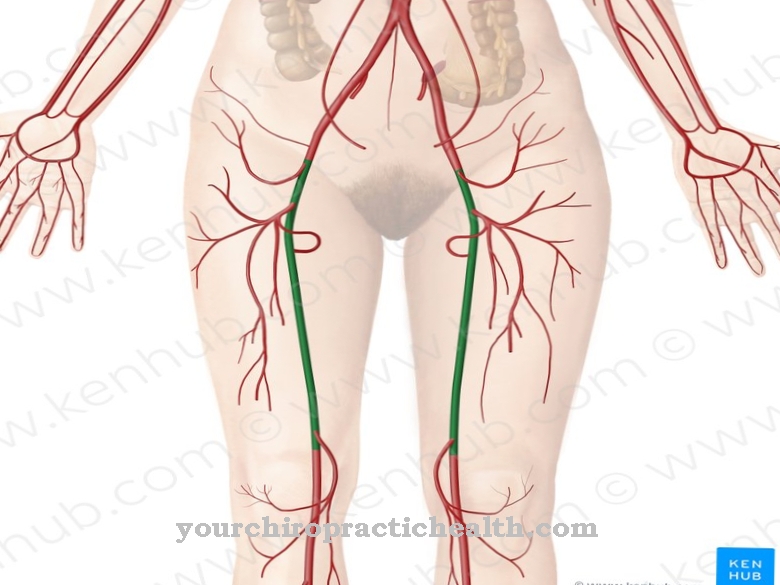


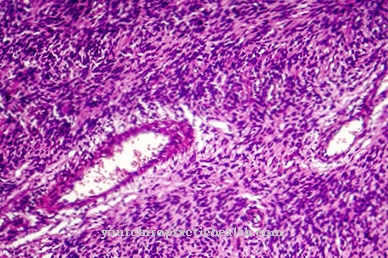
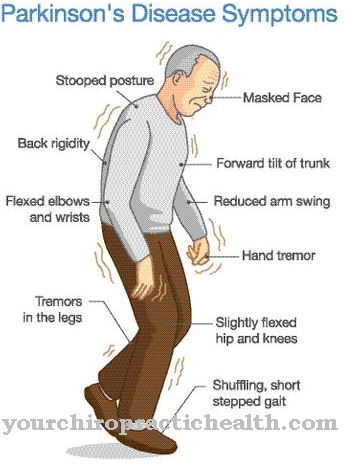


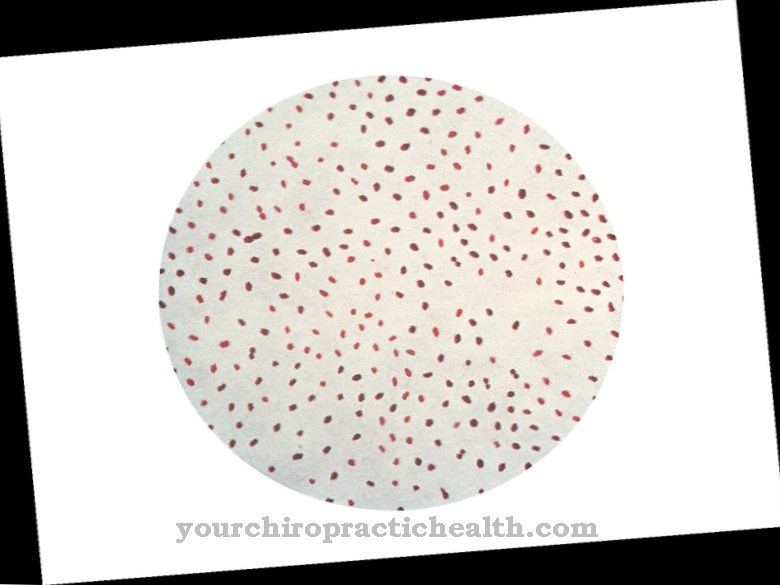






.jpg)
